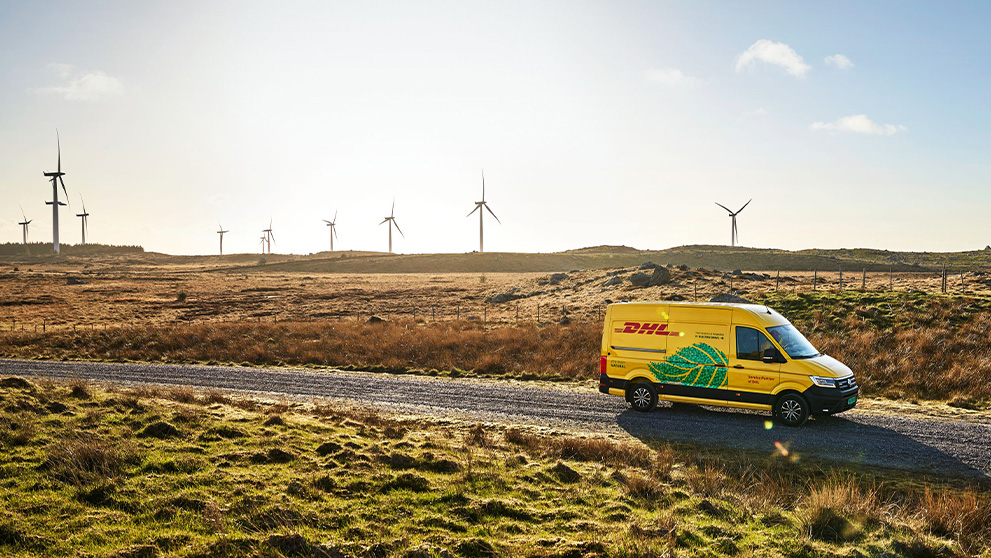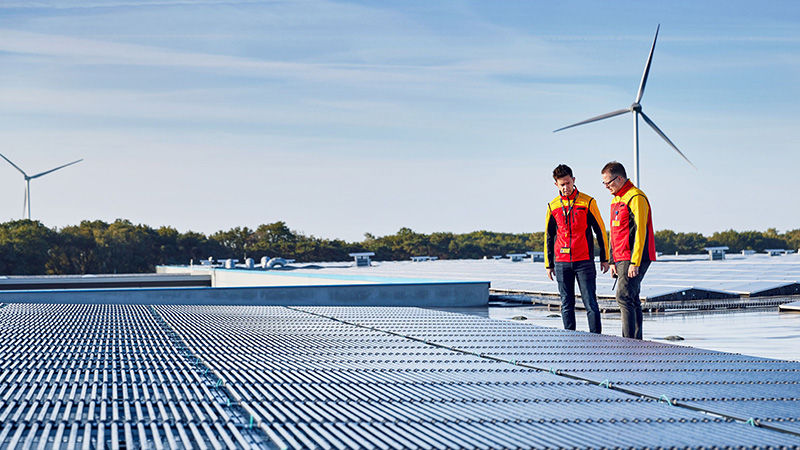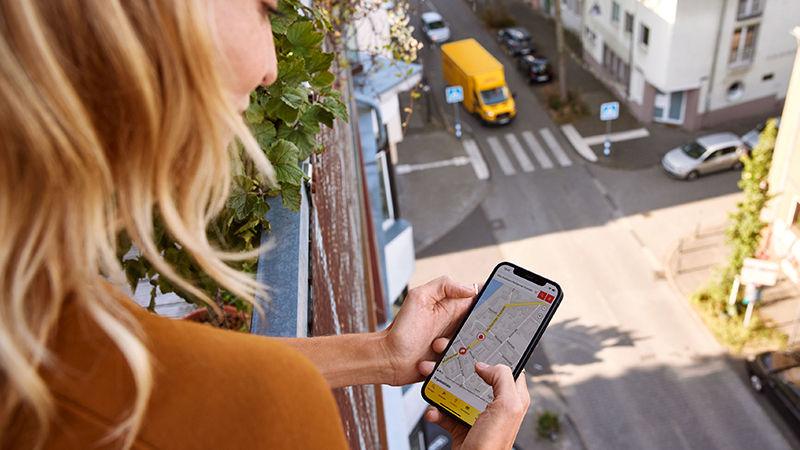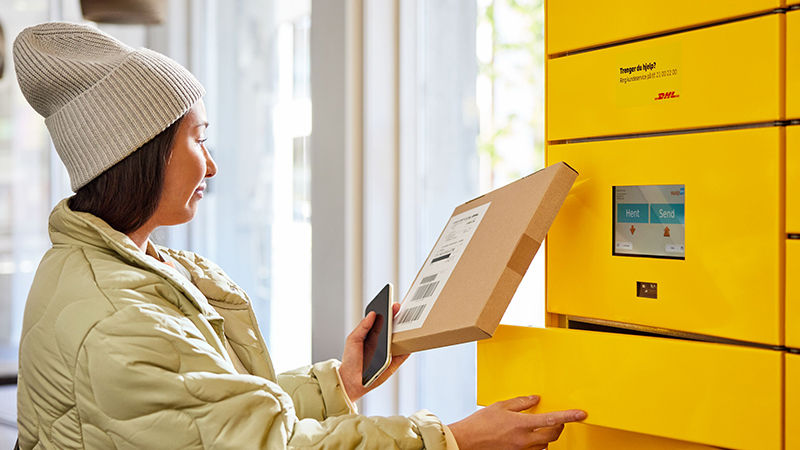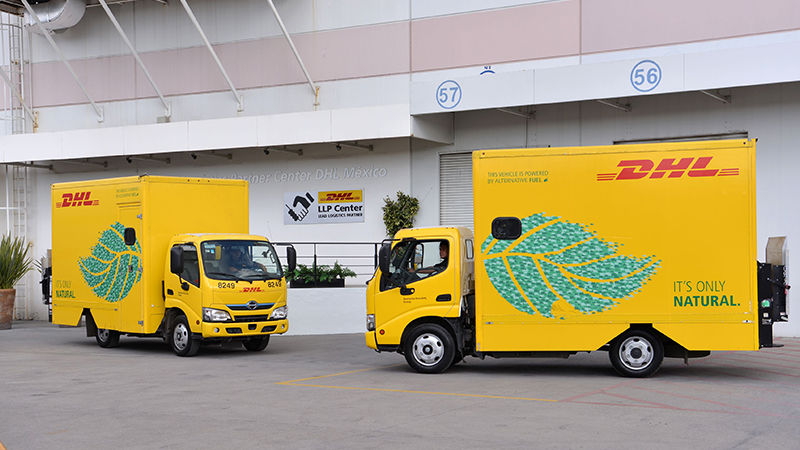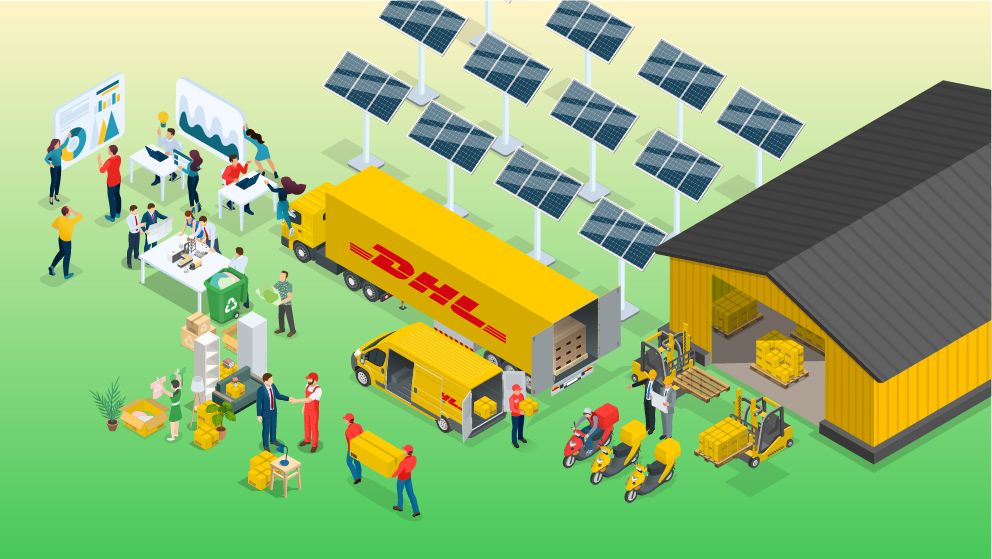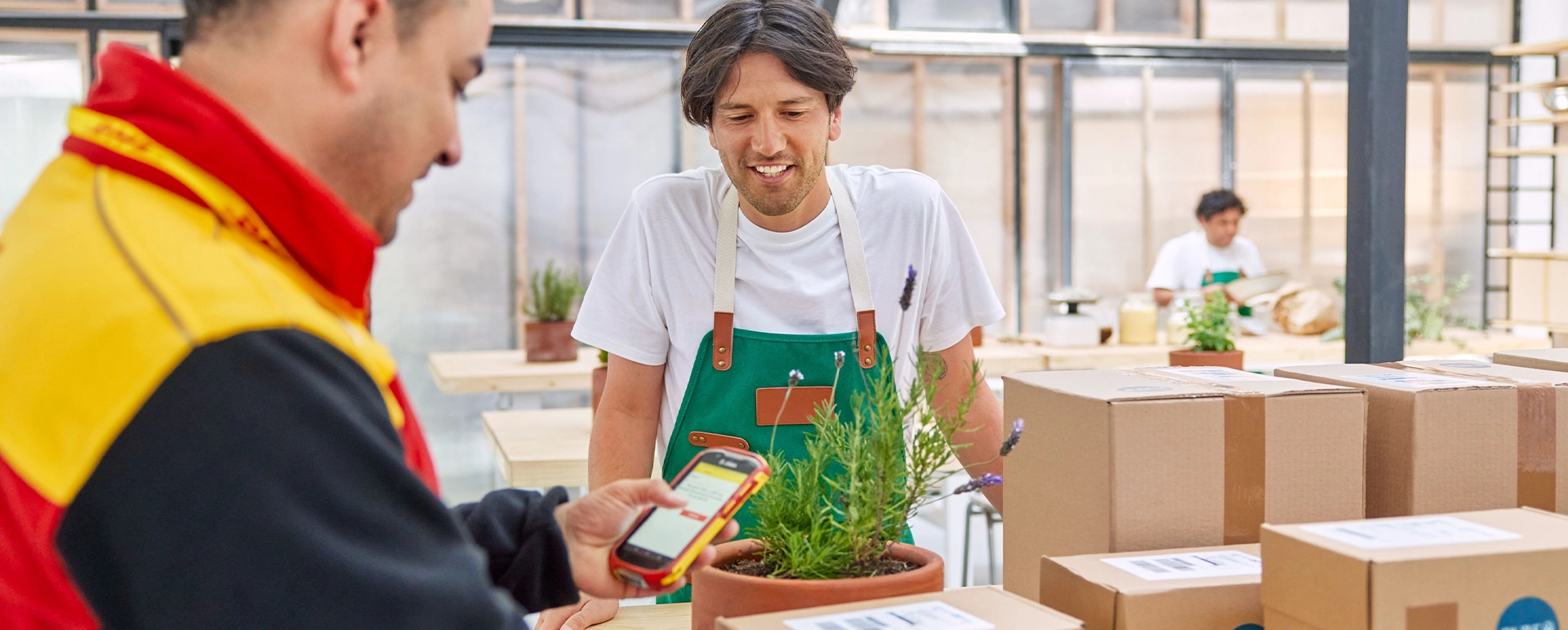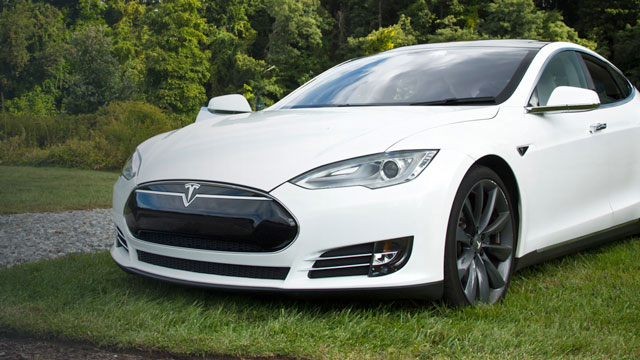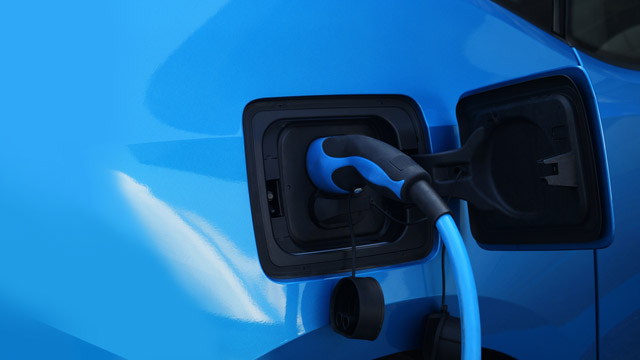Discover recently tipped green logistics as one of the most important industry trends to watch in 2023. So, why is it so important, and which green logistics strategies should your business consider? Read on.
What is green logistics?
Logistics covers procurement, inventory management, distribution, warehousing, transportation, packaging and risk management. Green logistics is the business practice of reducing the environmental impact of these processes. An example of green logistics is an e-commerce business using electric vehicles for last-mile deliveries to reduce its carbon footprint.
Benefits of green logistics to your business
There are multiple reasons your business should consider a green logistics strategy across its network, beyond just a happier planet:
Enhance your brand reputation
Did you know that 72% of consumers said sustainability is an influence on their purchasing decisions?1 They are increasingly concerned with the environmental impact of their shopping habits, and expect brands to take responsibility, too. A report by McKinsey found a positive association between the depth of a brand’s ESG- (environmental, social, and governance) related claims and the loyalty it builds with consumers2.
Your current and prospective customers will be looking closer than ever at your business’s eco policies. Offering sustainable packaging – though a nice touch – is not solely enough anymore. Your business should be considering a full and thorough green logistics strategy. Fortunately, you’re reading the right article!
Lower emissions
Green logistics emphasizes the use of alternative fuels, electric vehicles, and optimized transportation routes to reduce greenhouse gas emissions. It also promotes energy efficiency across the logistics network, such as implementing energy management systems (EMS) within warehouses. Together, these steps help businesses reduce their overall carbon footprint.
Reduce costs
Whilst some green logistics strategies require upfront investment to implement, the savings they generate later on make them worthwhile. Research has shown a positive correlation between a company’s GCSM practices (Greenhouse Emissions, Recycling, Waste, and Renewable Energy) and its profitability3. This is because green logistics focuses on increasing efficiencies and reducing waste – both of which impact a business’s bottom line.
Green logistics strategies to adopt
So, which green logistics strategies should your business consider to improve its carbon footprint, efficiencies, and profitability? These are a few to consider.
Think circular
You send products out to customers. Inevitably, some will be sent back (unfortunately, e-commerce and returns go hand in hand.) Then what? You have more options than just resale or disposal. The circular economy model promotes the idea of sharing, repairing, refurbishing and recycling products and materials for as long as possible, to reduce waste.
Implementing a reverse logistics strategy will help your business move towards a circular economy model and meet its sustainability targets, whilst your customers have more choice over how their returns are managed. Check out our dedicated article to discover the full benefits.
Collaborate with your suppliers
From your products’ materials to their packaging, it’s likely there are opportunities to switch to greener versions. Speaking with your suppliers will enable you to explore options, such as sustainable materials or biodegradable packaging.
Research from McKinsey found products that made one or more ESG-related claims on their packaging outperformed products that made none4. Just be wary of “greenwashing” – all your claims must be authentic if they are to resonate with customers.
Transform your transport
Transport accounted for 37% of CO2 emissions from end‐use sectors in 20215. Your delivery vehicles will be contributing to that – but, there are steps you can take to reduce the impact:
Optimize space. Pack your products smartly into correctly-sized boxes – this will allow you to group packages into fewer shipments.
Integrate route planning software. Enabled by AI, this technology will find the optimal routes for your deliveries based on real-time traffic analysis. It means you can do multiple deliveries in the quickest, most efficient order.
Choose a green logistics partner. If you outsource your logistics to a third party, choose one with green credentials. DHL Express, for example, has recently launched GoGreen Plus, a solution which helps businesses reduce the carbon emissions associated with their shipments through the use of Sustainable Aviation Fuel.
Offer On-Demand Delivery. Failed deliveries are a huge contributor to your business’s carbon footprint; every unsuccessful attempt clocks up more vehicle emissions (and costs!) But with On-Demand Delivery, you can reduce your failed delivery rate. ODD allows customers to choose exactly when and where their products are delivered. They can have their goods left with a neighbor, in a parcel locker, or sent to an alternate address (such as their workplace) if they know they aren’t going to be at home. Not only will offering ODD improve your first-time delivery rate, but your customers also enjoy a more convenient service, which builds loyalty to your brand. Win win!
Invest in technology
There are a wealth of technologies available to help you enhance the sustainability of your logistics processes. Examples include inventory management software which taps into big data analytics to help you forecast demand and reduce overstocking, and climate measurement tools, which will analyze your supply chain emissions and provide offsetting solutions.
How DHL can help
DHL has committed to reduce all logistics-related emissions to net-zero by the year 2050. It has a range of GoGreen solutions to help customers reduce the environmental impact of their logistics, including climate neutral shipping, insetting programs, and electric vehicles.
So, whatever your business, and wherever you’re shipping to, opening a DHL Express Business Account will give you access to a range of GoGreen solutions.

